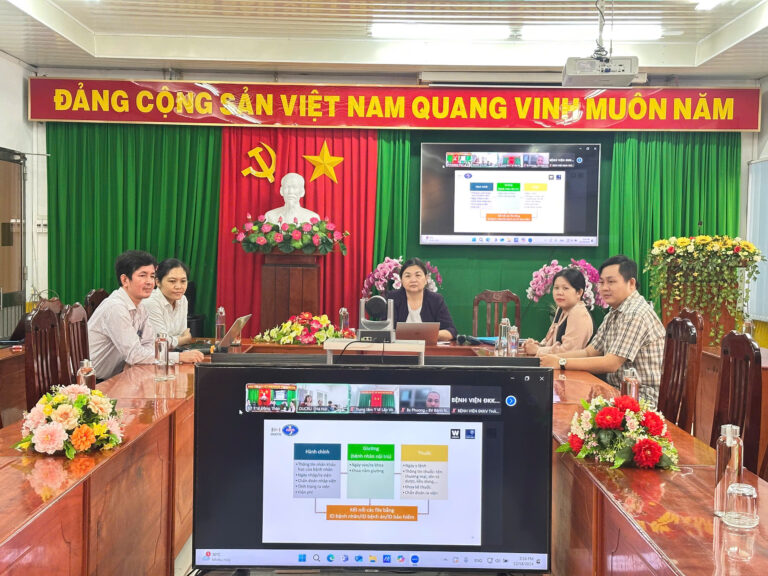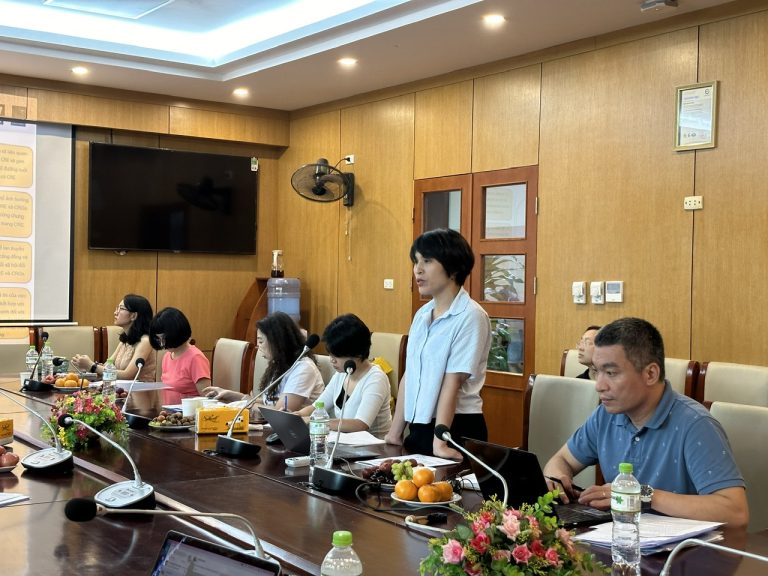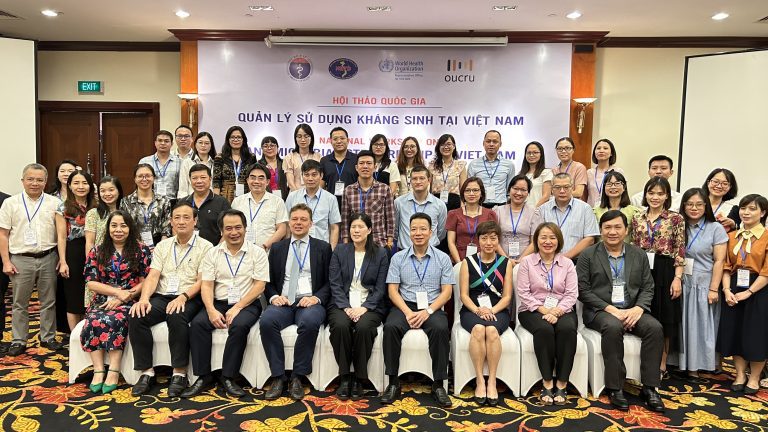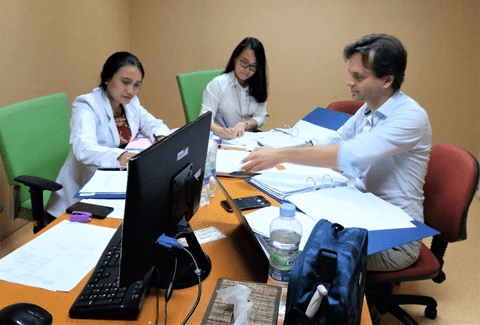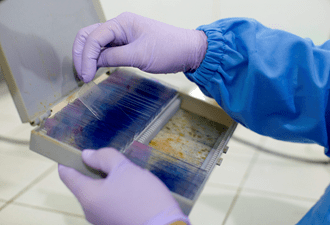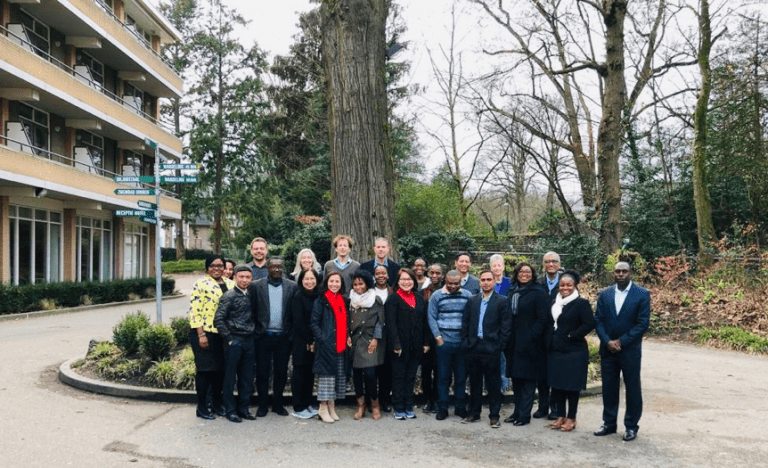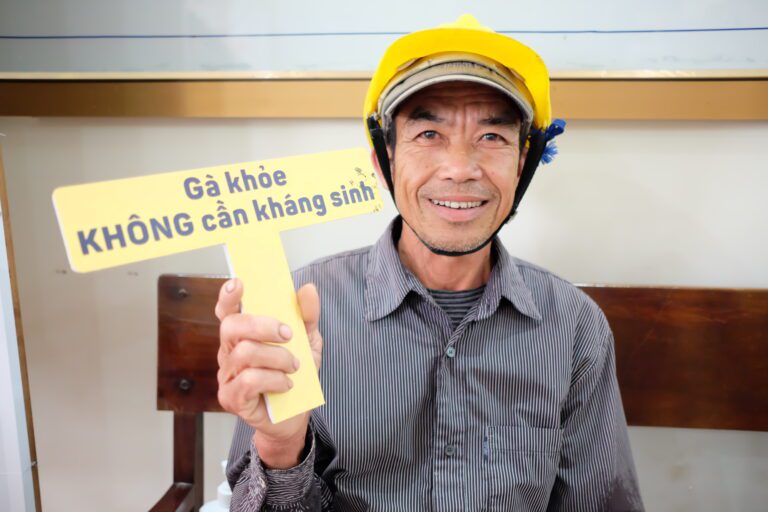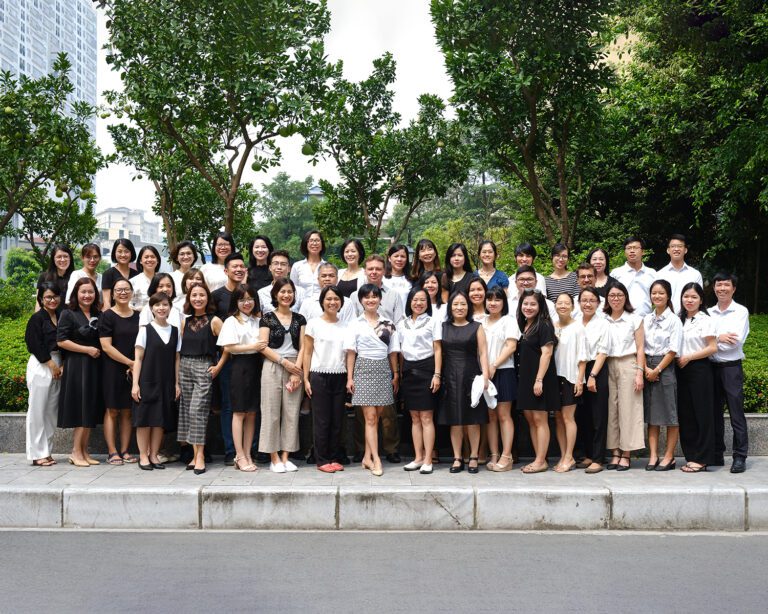Unraveling Antimicrobial Resistance
With an increasing global spread of extended spectrum beta-lactamases (ESBL) and emergence of carbapenem resistance among Gram-negative bacteria (CR-GNB), the importance of understanding the development and transmission mechanisms of antimicrobial resistance cannot be overstated. Dr Vu Thi Lan Huong’s research aims to unravel the complexities of these mechanisms within healthcare settings, particularly hospitals.
Her research projects seek to disentangle the risks associated with CR-GNB acquisition, understand the role of the gut microbiome and social mixing patterns in the spread of CR-GNB, and uncover the selection processes that lead to the development of these antibiotic-resistant bacteria. The insights generated from this research are pivotal to the identification of practical and sustainable control interventions, particularly within low- and middle-income countries (LMICs).
Ultimately, Dr Vu Thi Lan Huong’s work in this area is instrumental in preserving the efficacy of our last-resort antibiotics and reducing the number of lives lost to untreatable bacterial infections.
Evaluating Public Health Interventions in Asia
Dr Vu Thi Lan Huong’s work also generates real-world actionable data to evaluate the effectiveness of public health interventions in Asia. This aspect of her research is particularly crucial in resource-limited settings where informed decision-making is often challenged by information scarcity and budget shortfalls.
Specifically, her work involves community and hospital-based studies on antimicrobial use and antimicrobial resistance. The project assesses factors that can be addressed to control the emergence and spread of resistance, preserve the efficacy of antibiotics, and identify interventions that are responsive to the needs of the target populations in Vietnam and the wider Asian region.
Her research employs a multi-method participatory approach to antimicrobial stewardship. This approach integrates data use and analysis in action planning and monitoring intervention impact. It also reinforces information sharing and discussions through stakeholder meetings and local networks, fostering collaborations with local and international partners. Dr Vu Thi Lan Huong’s work also involves the development and evaluation of multi-faceted interventions, and performing economic analyses to inform policy and actions.
Through her research, Dr Vu Thi Lan Huong is contributing significantly to the global and national action plans aimed at containing antimicrobial resistance. Her work is poised to support public health interventions in reducing the burden of illness and improving the quality of life for patients and their communities.






